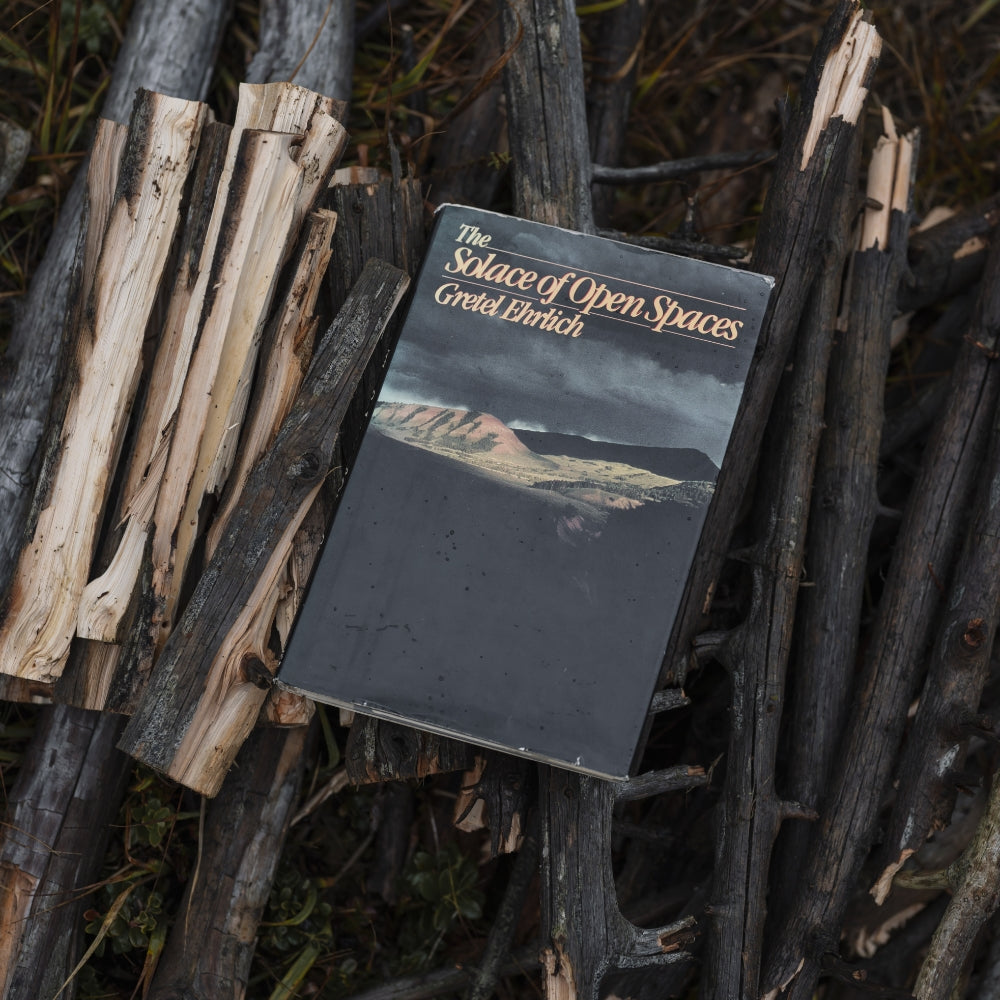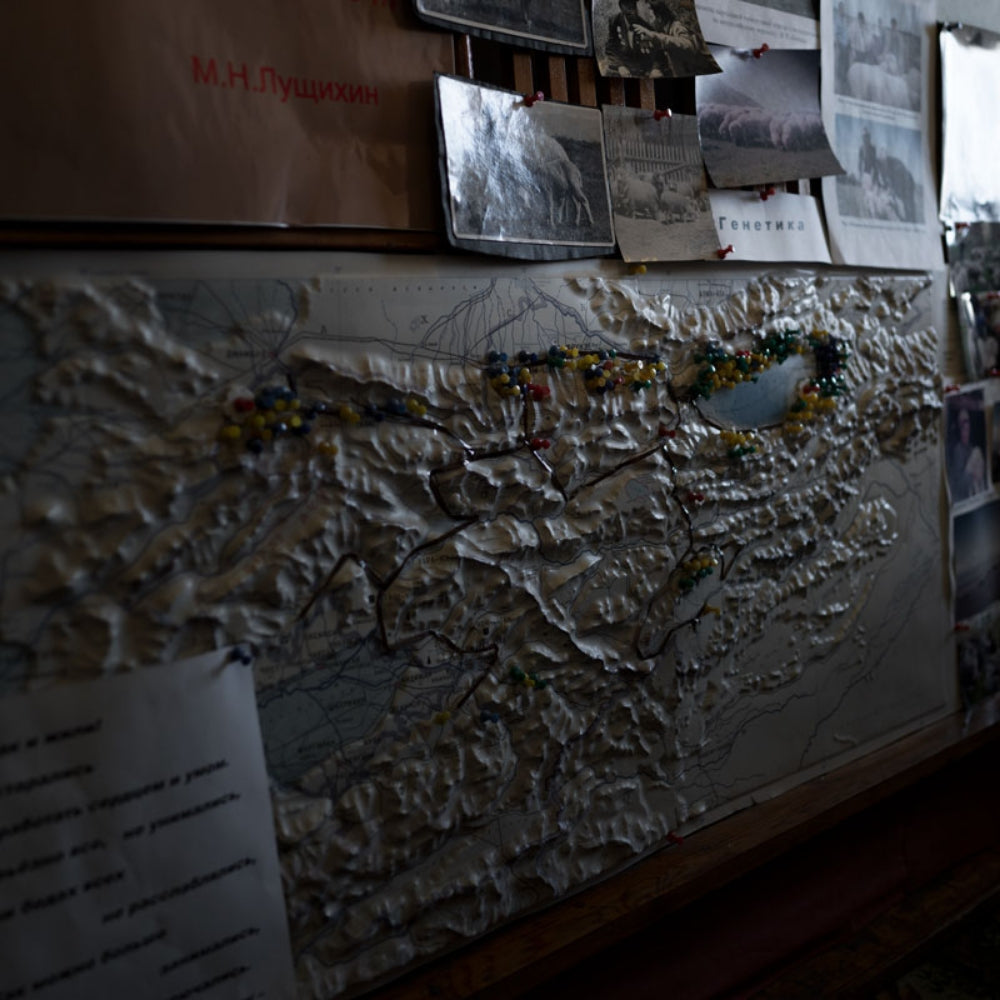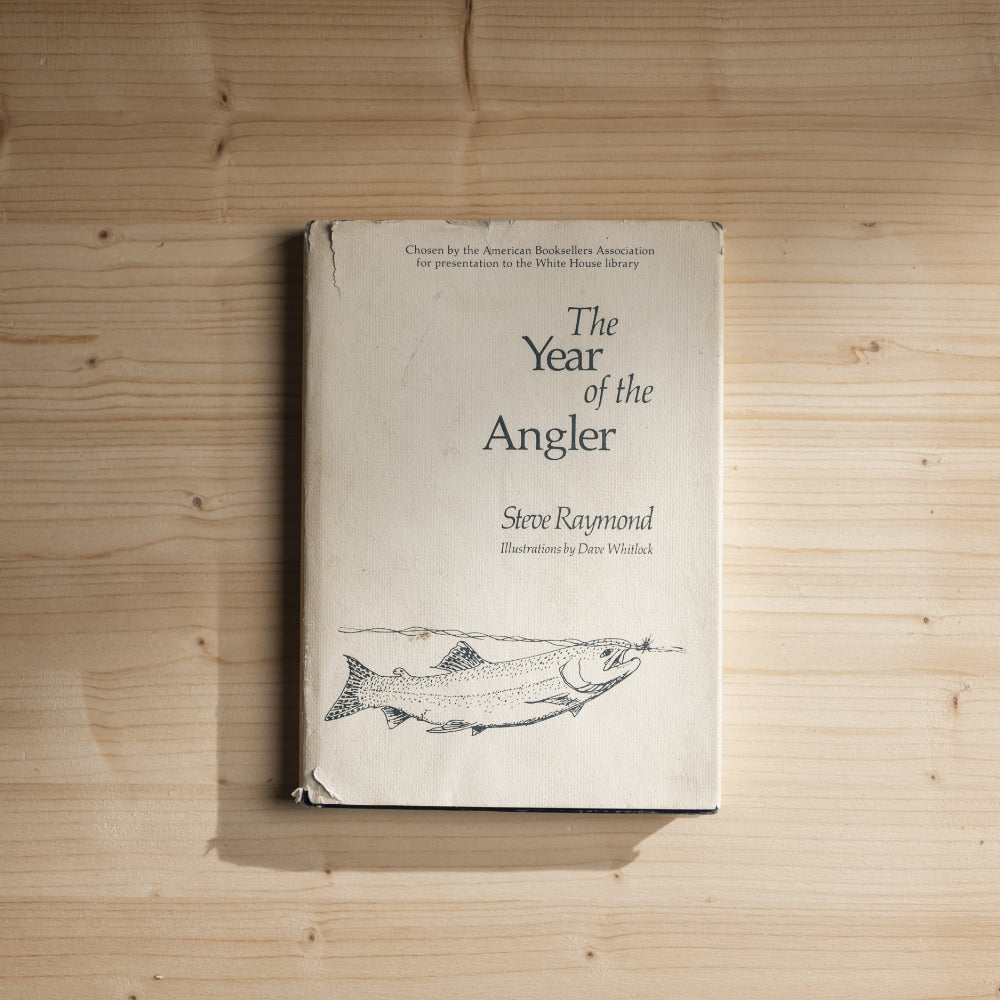Theodore Roosevelt’s “Hunting Trips of a Ranchman & The Wilderness Hunter” is more than a collection of hunting tales; it’s a vivid portrait of the American frontier and the ethos of a man who would become one of the nation's most iconic figures. Through Roosevelt’s keen observations and rich storytelling, readers are transported to the vast, untamed landscapes of the late 19th century, where adventure and the spirit of the hunt intertwine with a profound respect for nature.

In “Hunting Trips of a Ranchman & The Wilderness Hunter,” Roosevelt chronicles his experiences hunting in the Dakotas and other wild regions. The narrative is filled with detailed accounts of his pursuits, from tracking bison and elk to the challenges of the rugged terrain. Roosevelt’s writing captures the thrill of the hunt and the beauty of the wilderness with equal measure, making the reader feel as if they are right beside him on these exhilarating excursions.
Theodore Roosevelt, known for his robust personality and love for the outdoors, was not just a hunter but also a naturalist and conservationist. His dedication to preserving America’s natural landscapes is a recurring theme in his writing. Roosevelt’s background as a statesman and his personal commitment to conservation lend authority and depth to his narratives, making them not only entertaining but also enlightening.
The book delves into themes of adventure, conservation, and the intrinsic value of the wilderness. Roosevelt’s accounts are not just about the act of hunting but also about understanding and respecting the animals he pursued and the environments they inhabited. His reflections on the need to preserve these wild spaces for future generations are poignant and forward-thinking, echoing the conservation efforts he championed during his presidency.
A particularly memorable moment in the book is Roosevelt’s description of tracking a massive bull elk through the rugged terrain of the Rocky Mountains. His detailed recounting of the chase, the strategy involved, and the sheer physical exertion required, showcase his deep knowledge and respect for the hunt. This episode encapsulates the essence of Roosevelt’s hunting philosophy—an endeavor that is as much about the journey and connection to nature as it is about the quarry.
As the book concludes, Roosevelt leaves readers with a sense of reverence for the wilderness and a call to action to preserve these wild places. His final thoughts underscore the importance of maintaining the natural beauty and biodiversity of America’s landscapes, a message that remains relevant today.
“Hunting Trips of a Ranchman & The Wilderness Hunter” is an essential read for those who appreciate the intersection of adventure, history, and conservation. Theodore Roosevelt’s engaging storytelling and insightful reflections offer a timeless glimpse into the frontier spirit and the early conservation movement. I highly recommend this book to outdoor enthusiasts, history buffs, and anyone interested in the legacy of one of America’s great leaders. Roosevelt’s narrative will leave you inspired to explore and protect the natural world.











